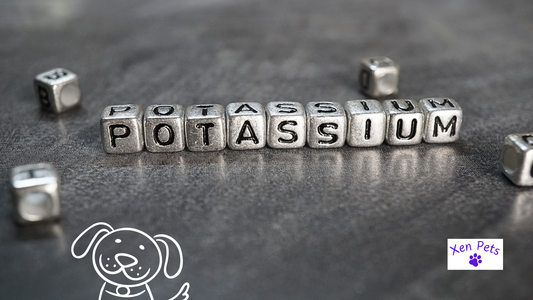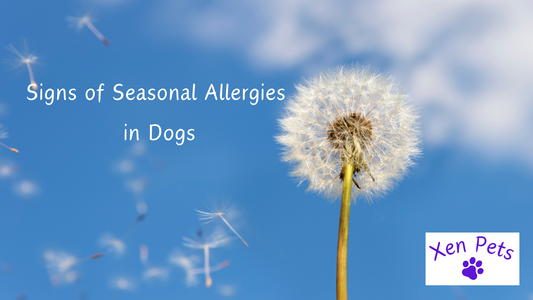My Dog Is Flinching and Acting Weird
Tory JohnsonShare
Do you have a dog that’s acting strange or flinching? You might be feeling worried and confused, this kind of behavior can indicate anything from fear to pain.
Without being able to ask your dog what’s wrong, it's difficult to figure out why they are acting so weird.
By understanding what causes fearful behavior and looking for warning signs, we can identify what is making your dog act so strange.
Why is my dog flinching all of a sudden?
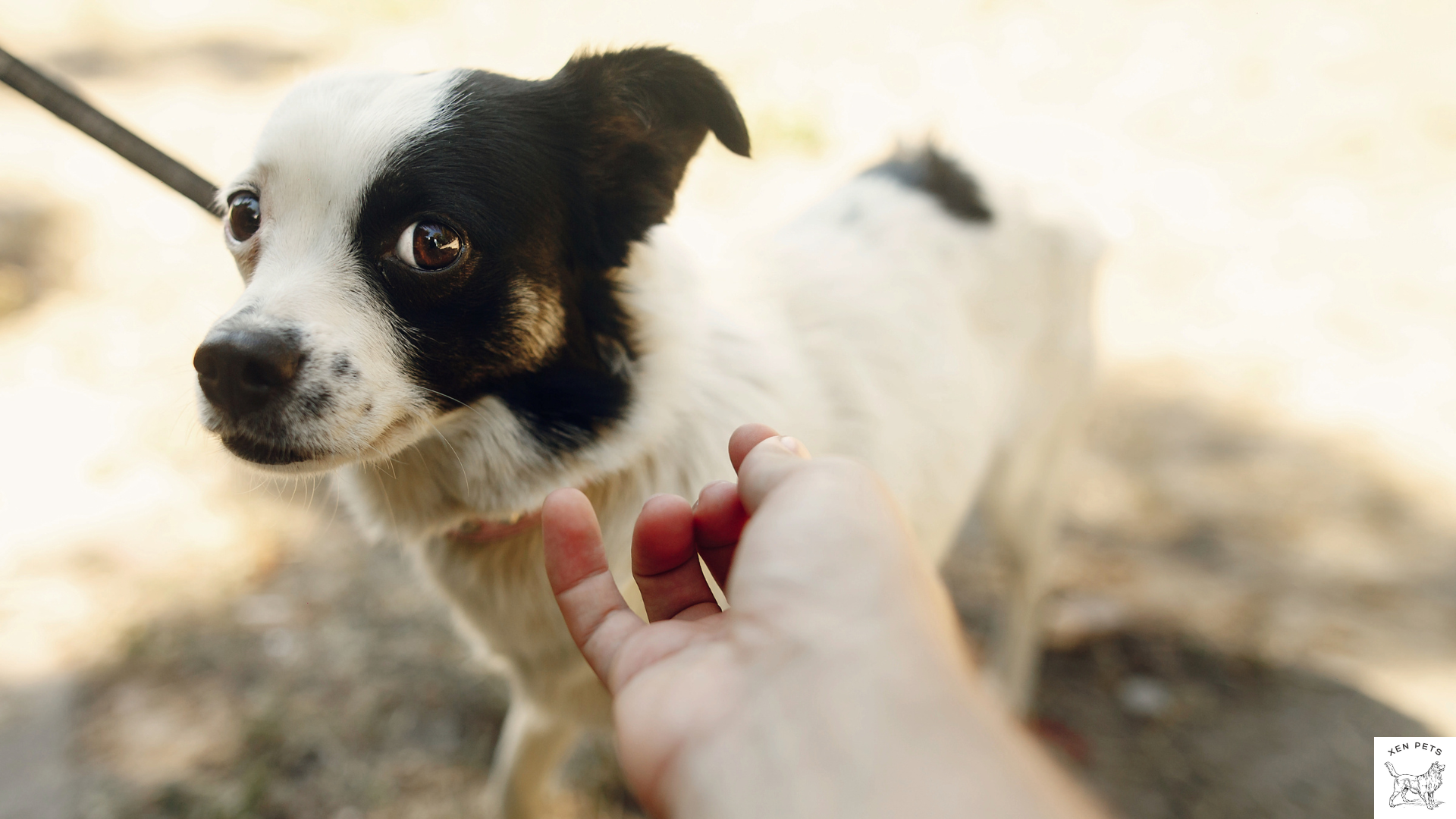
It can be concerning when your dog starts flinching all of a sudden, especially if it isn't a behavior they've shown before.
There are a few different reasons why your dog might be flinching, and one of those reasons could be that they're simply an anxious or shy dog.
However, other causes for flinching include pain, seizures, disorientation, and vision problems.
Your dog may also need to be socialized, or they may be experiencing joint pain, an upset stomach, or even a recent traumatic experience or abuse.
It's important to keep a close eye on your dog's behavior and seek advice from a veterinarian or dog trainer if necessary.
Remember, some dogs may simply flinch when encountering other dogs or certain situations - but if it's a sudden change in behavior, it's always best to be cautious and get your furry friend checked out.
10 Reasons your dog keeps flinching
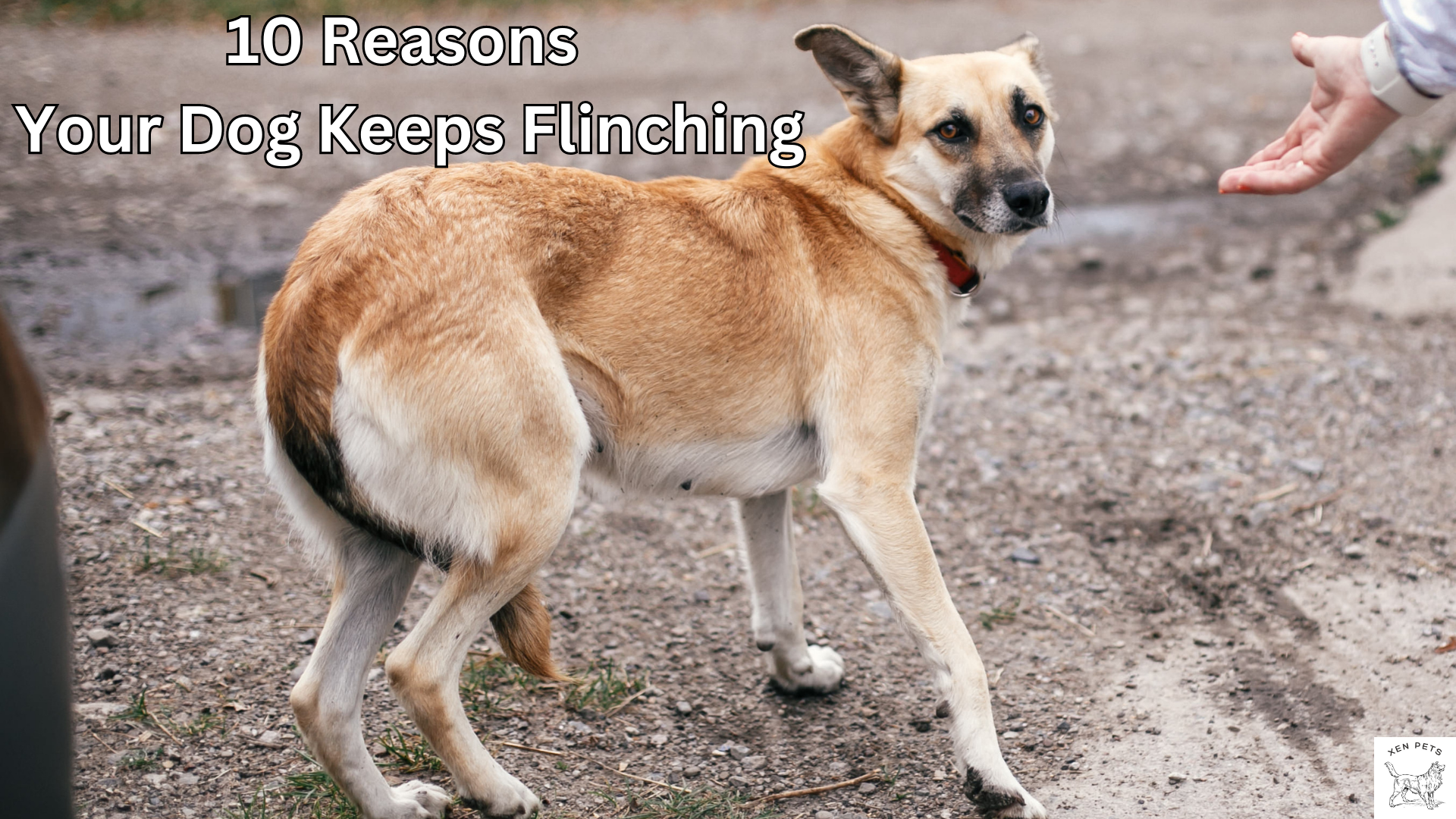
- You have a shy dog
- Your dog is in pain
- Dog seizures
- Your dog needs to be socialized
- Disorientation
- Vision problems
- Prior abuse
- Upset stomach
- Recent traumatic experience
- Joint pain
Many dogs who suffer from these symptoms can benefit from calming support. Our calming treats are made with natural herbs, vitamins, and minerals to deal with these symptoms.
These natural ingredients work together to boost your dog's health and support their development at any stage of life.
Shop today and get free shipping - Calming Chews for Dogs.
Why does my dog flinch when I pet him?
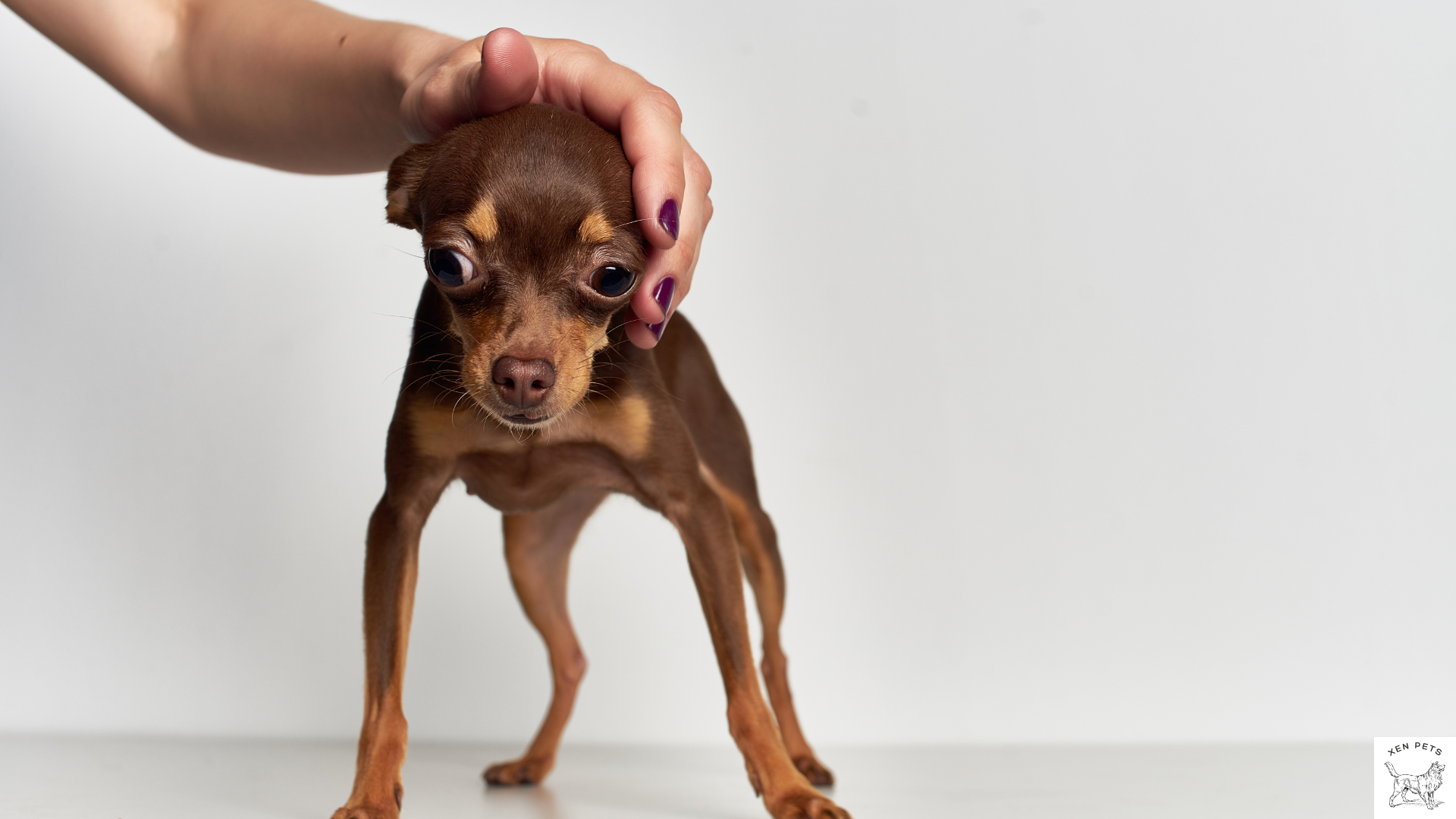
It can be concerning when your dog flinches every time you pet them.
It's important to remember that a dog's brain is wired differently from ours, so they may experience discomfort or pain in a specific area that we may not even notice.
Additionally, dogs may flinch if they have experienced a traumatic event in their past, such as animal abuse.
If you're concerned about your dog's flinching behavior, it's best to consult with a veterinarian or animal behaviorist to determine the root of the issue and how to help your furry friend feel more comfortable during petting sessions.
Conclusion: Why does my dog flinch?
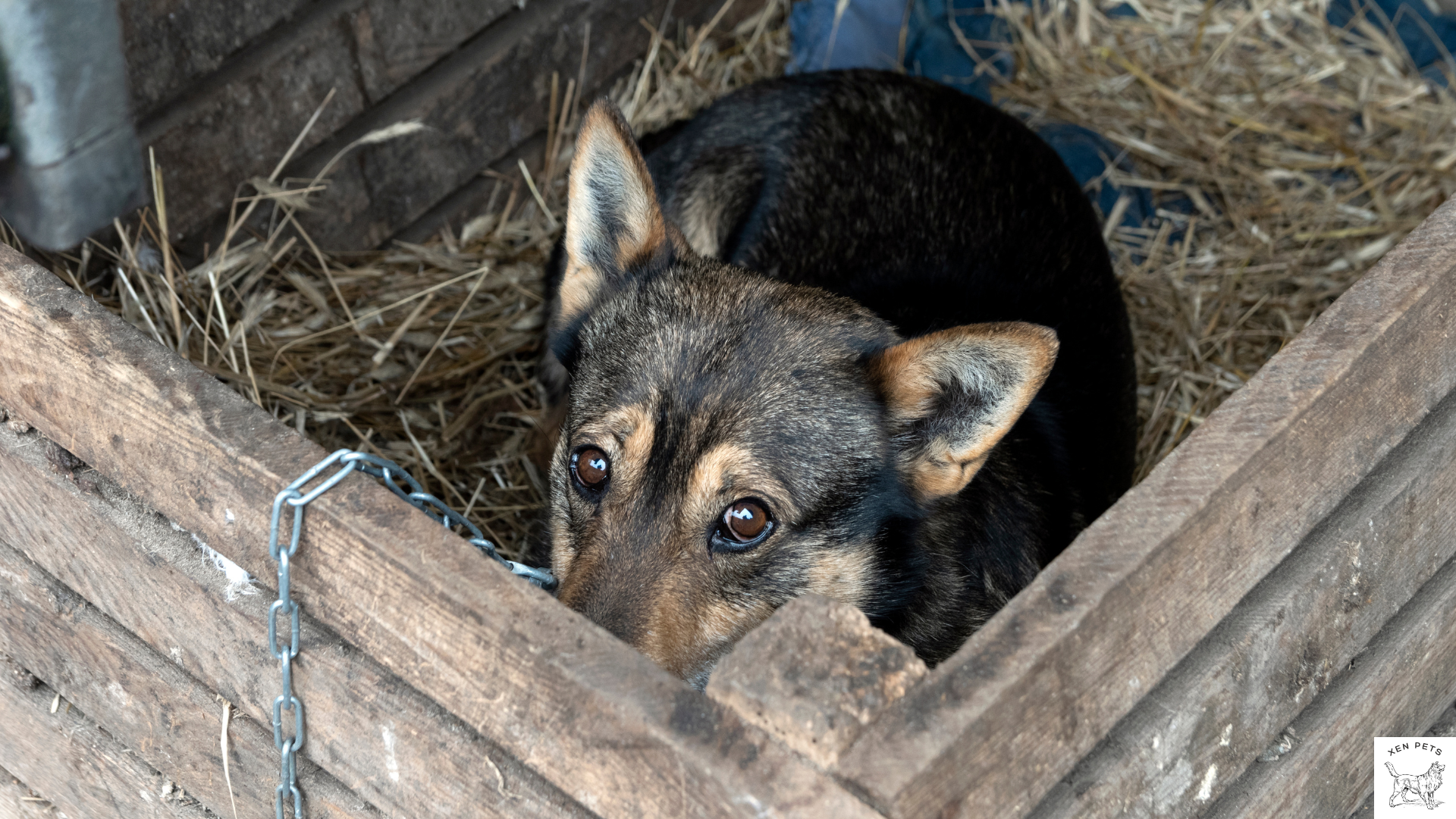
As a responsible dog owner, one of your priorities should be ensuring that your domesticated dogs feels comfortable around humans and other dogs.
It's important to note that if your dog is flinching during playtime or when being petted, these may be signs of underlying issues that require your attention.
Additionally, it's crucial to be aware of animal abuse that might be happening around you, even if it's not your own dog.
If your dog continues to show behavior that suggests discomfort or fear around people or other dogs, seeking professional training can be an effective solution.
Remember, taking care of your dog requires diligence and effort, but it's all worth it for their wellbeing and happiness.









